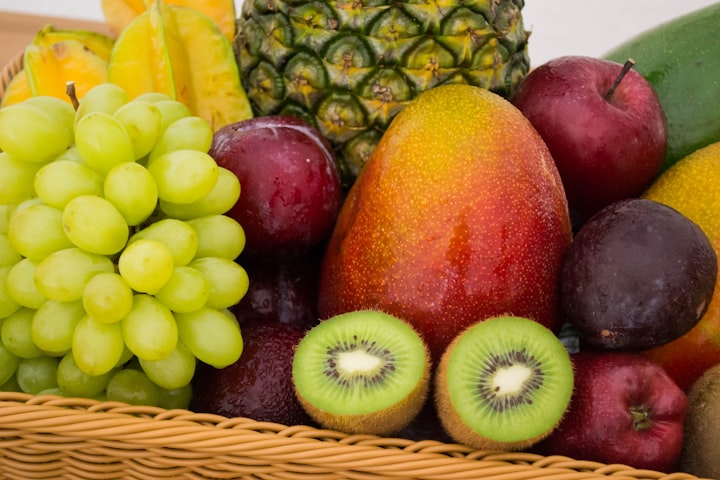Everything You Need To Know About Black Tea
Do you drink black tea?

Black tea differs from other types of tea (white, green, oolong) by the high degree of oxidation of Camellia Sinensis leaves. It is a category that includes very diverse varieties, so you will surely find one to your liking. Get acquainted with the universe of black tea!
Taste
In general, black teas are characterized by a strong, robust taste, a dark infusion and an astringent aftertaste.
Caffeine
The caffeine content is higher than in other teas - green or white, but lower than coffee. The caffeine level is somewhere between 50 and 90 mg / cup, varying depending on the assortment. For example, a cup of Chai Masala will have less caffeine than an Assam cup, because Masala contains spices in a high proportion.
Origins
Fermented, dried and pressed tea in the form of bricks was used as currency at the beginning of trade between China, Tibet and neighboring countries. When tea exports to more distant countries increased, it was found that the oxidized version retained its aroma and freshness better compared to green tea.
The Dutch brought tea to Europe in 1610, and it gradually became a popular drink in England and then in the English colonies in America. The demand for tea increased greatly in the 1700s, when England expanded its sugar imports from its Caribbean colonies. It seems that due to the habit of being consumed with sugar, black tea has gained popularity in front of green tea.
In the 1800s, after the Camellia Sinensis Assamica variety was discovered in the Assam region of India, black tea plantations spread widely in this area, driven by high demand in England.
Currently, the main countries producing black tea are China and India, along with Kenya, Sri Lanka, Vietnam, Nepal, Turkey, Indonesia, Iran, etc.
Black teas can be obtained by two methods:
- Traditional method - After harvesting, the tea leaves remain whole or are only partially broken during processing. They go through a process of reducing moisture, then are rolled and crushed to begin oxidation. Subsequently, the best leaves are chosen, then oxidation is stopped by exposure to heat. Varieties of quality black tea will result, with very diverse flavors and subtle notes.
- CTC (Crush-Tear-Curl = Crush-Tear-Curl) - It is a faster variant, through which the tea leaves are pressed after drying, then mechanically crushed. Thus, the leaves oxidize more easily, resulting in an intense, astringent black tea with a constant aroma.
Health benefits
Like green tea, black tea contains antioxidants, substances with many health benefits and well-being. Consumption of black tea contributes to heart health, lowers "bad" LDL cholesterol and blood pressure, takes care of the digestive system, reduces the risk of diabetes, improves attention and ability to concentrate, etc.
Popular assortments of black tea
Assam. It is a black tea that comes from the region of the same name in northern India, the plant from which it is obtained being a local variety of the famous Camellia Sinensis - Camellia Assamica. You've probably met him at English Breakfast or Irish Breakfast teas. It has an intense malt taste, very well balanced by a little milk.
Darjeeling. Unlike Assam, with a strong and intense taste, Darjeeling tea has a delicate, light aroma, with floral, fruity, citrus notes. Hence the nickname "champagne teas". It is served simply, without milk.
Ceylon. Ceylon is the old name of the island of Sri Lanka, where the first tea crops date back to the mid-nineteenth century, being brought by the British from China. It is bolder and stronger than most Darjeeling black teas, but more delicate than a regular Assam. Due to the citrus notes and the aromatic taste, it is often served in the cold version.





Comments
There are no comments for this story
Be the first to respond and start the conversation.